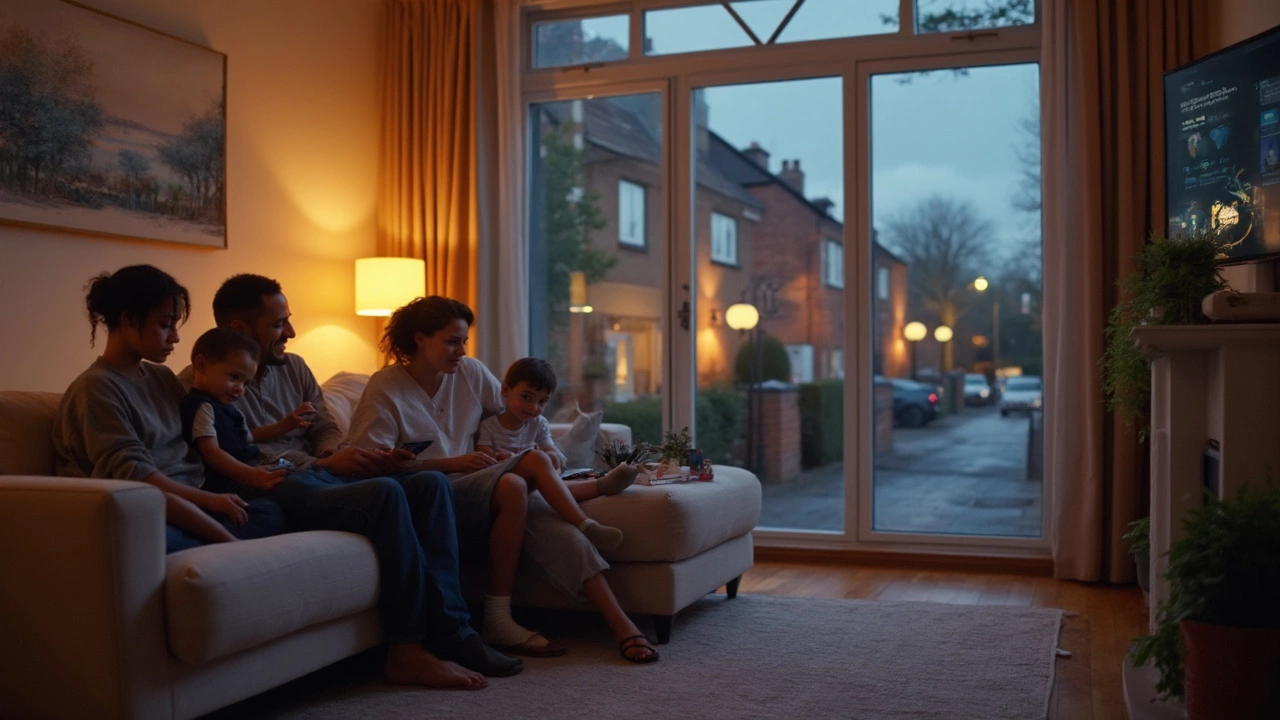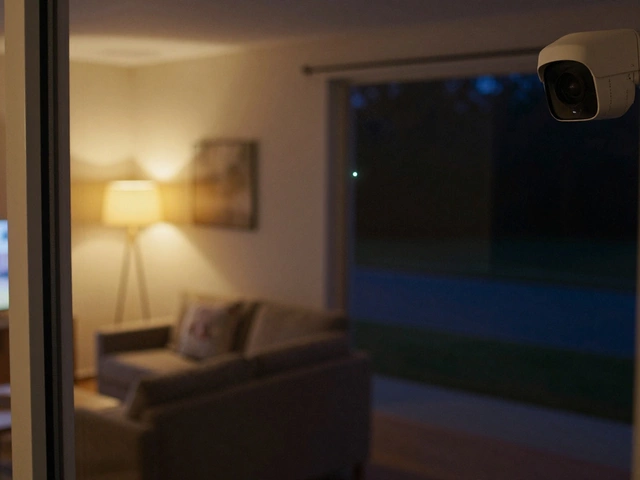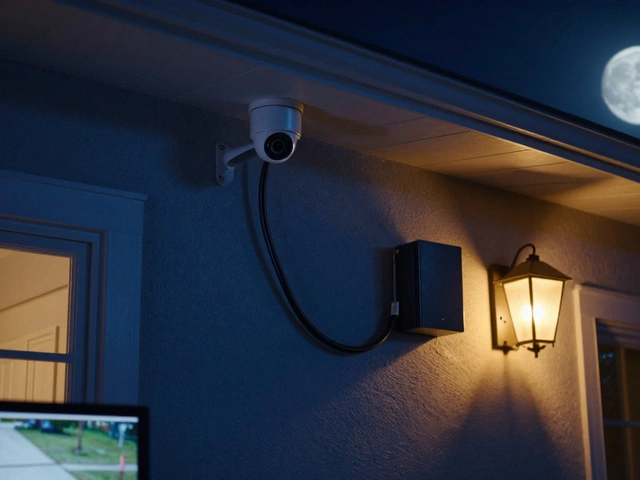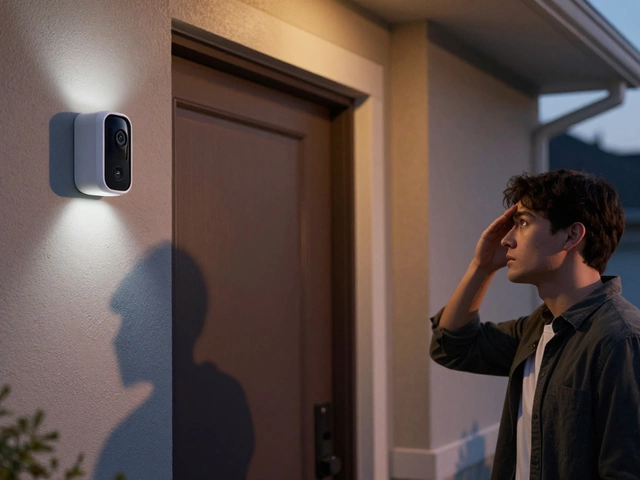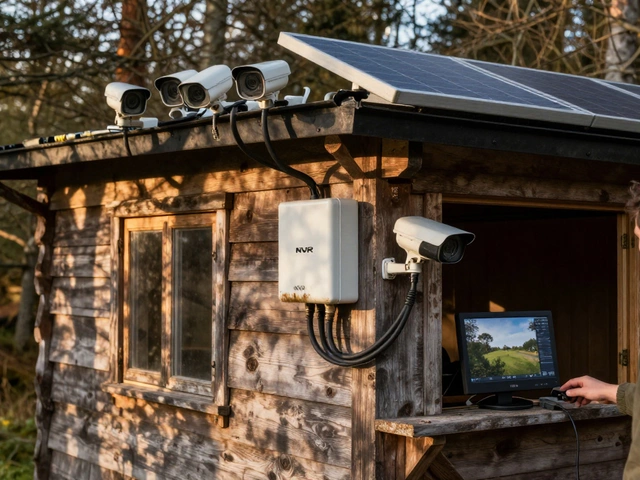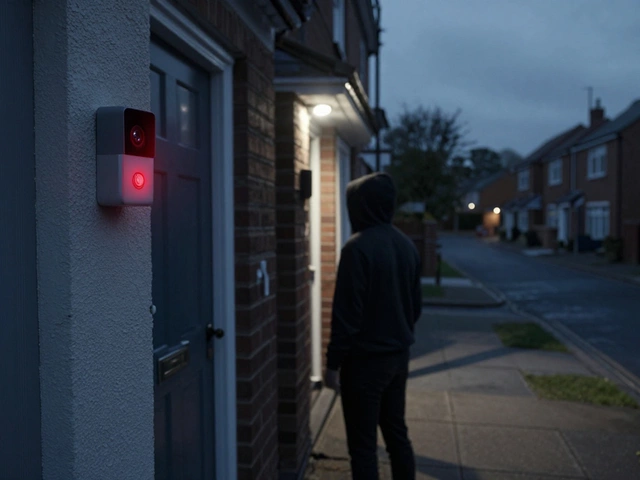Police Notification: How Your Home Security System Alerts the Police
If you’ve ever wondered what happens after an alarm goes off, the answer is simple – a good system contacts the police right away. In the UK, most modern alarm panels are linked to a monitoring centre that calls the police as soon as a real break‑in is detected. That quick call can be the difference between stopping a theft and coming back to a mess. Below we break down why police notification matters and how the technology works so you can feel confident your home is protected.
Why Police Notification Matters
When a burglar tries to get in, every second counts. A police notification gives officers a heads‑up before they even arrive, so they can prioritize the call and move faster. It also lets neighbours and passers‑by know that something’s wrong, which can scare a thief away. Beyond speed, having an official police record of the alarm can help with insurance claims – you’ll have proof that you called for help right away. In short, a reliable police alert turns a simple alarm into a real safety net.
How Modern Systems Reach the Police
Most new panels talk to a monitoring centre 24/7. When a sensor trips, the panel sends a signal over a secure internet or cellular line. The centre checks if the alarm is genuine – they might call you or look at a live video feed – and then they dial the police on your behalf. Some systems skip the centre and call the police directly using a built‑in SIM card. Either way, the key is a backup communication method; if the phone line goes down, the cellular link keeps the alert alive.
Setting up police notification is usually a quick part of the installation. The installer will ask for the local police station number and confirm that the monitoring service has the right contact details. You’ll also get a PIN or password that lets you cancel false alarms, so you don’t waste police time. Make sure you keep that PIN safe and share it only with trusted household members.
What you should watch out for is the “false alarm” tax. In many UK councils, repeated false alarms can lead to fines. That’s why it’s worth testing your system regularly and making sure doors and windows are properly secured before arming the alarm. A well‑maintained system not only reduces unwanted police visits but also keeps your insurance premiums lower.
Finally, remember that police notification is just one piece of a broader security plan. Pair it with good lighting, sturdy locks, and a simple habit of checking that all sensors are active each night. When everything works together, you’ll have peace of mind knowing that help is only a click away if anything goes wrong.

